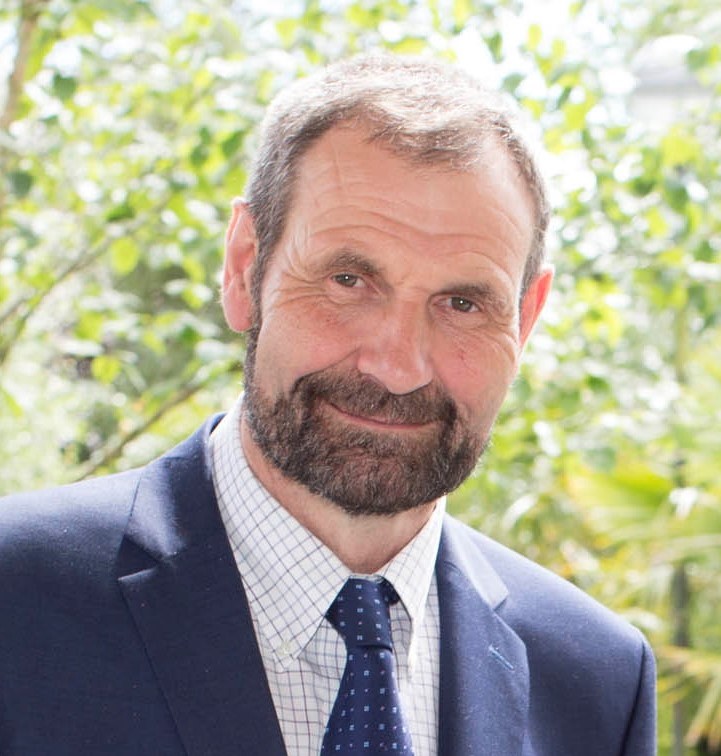Clear direction needed for Ireland’s agri-food sector – ICOS President tells AGM
 Jerry Long – ICOS President
Jerry Long – ICOS President
“Ireland’s impressive agri-food sector faces major challenges around which questions need to be asked and conversations need to be had if we are to ensure continuing progress and sustainability in the years ahead,” ICOS President Jerry Long said at the Society’s 125th Annual General Meeting, held online today and attended by co-op leaders from all over Ireland.
“On the face of it, we have a strong and efficient agriculture and food sector in this country, supporting tens of thousands of jobs, exporting high quality products worth billions, to consumers far and wide.”
“In the years ahead, we need to maximise the potential for family farms to create good and stable incomes thereby stimulating rural economic development but this will be against the backdrop of our commitments on the environment and animal welfare, not to mention the exceptional challenges facing our sector due to COVID-19 and Brexit.”
“Our co-operatives have performed brilliantly over the past decade, putting in place fantastic processing facilities and routes to market for the extra milk that farmers wanted to produce. That resulted in an additional 60-70% greater yield in milk solids since quotas were lifted, and we should be proud of that. But we have to ask, can we actually continue to expand at such a rate?”
“We have legal commitments on climate change, air and water quality, and biodiversity, as well as increasing restrictions reflecting necessary practices and consumer expectations on calf welfare. Both farmers and industry need clear direction; and the challenge for the co-operative movement and others is to provide that. We simply can’t rush headlong into the huge herds and associated problems seen by our friends in New Zealand.”
“We also need to acknowledge that dairying is interconnected and interdependent with the beef and tillage sectors and that we all need each other.
“We have a beef sector that the dairy farmer is hugely dependent on to take our male calves, but which has an economic model that is broken, and which is characterised by farmers losing money on every animal they feed. We need a model that allows livestock farmers to make a living from their farms and provides for a suckler herd producing top-quality beef for particular markets, alongside quality dairy beef for other markets, but the key question is, can this be produced profitably?
“It may be too late to dream of co-operatives getting back into meat processing; but we do need to have co-operative marts that can organise and support beef farmers in a mutual endeavour to obtain fair treatment and fair prices in a market currently dominated by large scale processing enterprises.”
“In a national economy, rural and urban, that is profoundly damaged by COVID, and now further threatened by Brexit, the co-operative model has much to offer in bringing people and ideas together, stimulating business development and addressing market needs for the mutual benefit of primary producers and the economy. As elected co-operative leaders, we have both the opportunity and the responsibility to shape the evolution of our sector, with a vision for the future sustainability of those who we serve. These are the key issues we will need to address in the years ahead,” said Jerry Long.